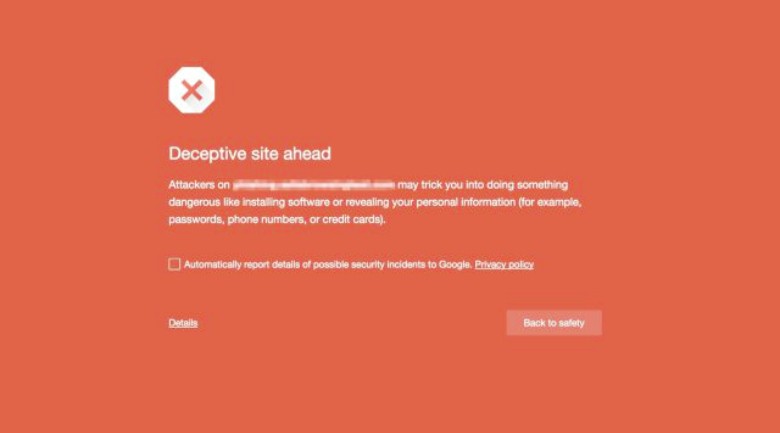
15 Feb Google is going to start blocking sites with certain types of buttons and ads
[ad_1]

You got punk’d (and infected with a virus)
You’ve been in that situation. The type where you’re browsing the internet and suddenly you’ve stumbled onto a site with a large, albeit friendly, message that says “FREE VIRUS CHECKER.” In a mild panic, you click thinking that you’re going to get help. In reality, the link you clicked was an ad, and now it’s redirected you to some unknown site and is installing some file, which you later discover to be a virus.
![]()
Out to get the bad guys
Fortunately, Google is coming to the rescue by helping you avoid the sites that post those ads entirely, reports Ars Technica. Google will now start blocking websites that that make you do things that you wouldn’t normally do by using deceptive content or ads. Deceptive messaging such as a fake download button right next to a real download button, or pop-ups that force you to install a fake anti-virus program.
The blocking will occur as part of Google’s “safe browsing” tech. Safe browsing has been around for years, but until now, the technology has mostly served to prevent users from visiting sites that were serving up malware, or those sites that had been otherwise deemed unsafe by Google.
With your safety in mind
Google will block sites that contains any “deceptive embedded content,” otherwise known as a shady, misleading ad that claims you need to install a plugin, product, or toolbar. Now when you conduct your Google search, Google will generate a big, red, warning STOP screen instead of leading you to the deceptive site.
This is an expansion to Google’s November change when the search engine started blocking sites that it perceived were using a form of “social engineering attack” to get you to install unwanted software or reveal sensitive information you otherwise wouldn’t.
Work in progress
Google’s new blocking technology could be sticky for webmasters who might have a hard time policing deceptive third-party content served by random ad servers. Unfortunately, Google’s webmaster knowledge base doesn’t offer much help. Although it does note that, “ad networks may rotate the ads shown on your site’s pages. You therefore might need to refresh a page a few times before you’re able to see any social engineering ads appear.”
As for the rest of us, we’ll happily welcome the extra help in staying safe. Although, expect this to be a work in progress with a potentially gradual rollout given that it will take some time for Google to work out which sites are consistent offenders.
#GoogleSafeBrowsing
[ad_2]
Source link
Social Media Agency, Social Media, Digital Marketing, Digital Marketing Agency, Search Engine Marketing, SEO, digital marketing agency dubai, video content marketing, crossfit marketing dubai, video marketing dubai, digital marketing agency abu dhabi, facebook marketing dubai, facebook marketing abu dhabi, digital marketing agencies in dubai, social media agency, content marketing dubai, content strategy dubai, branding dubai

